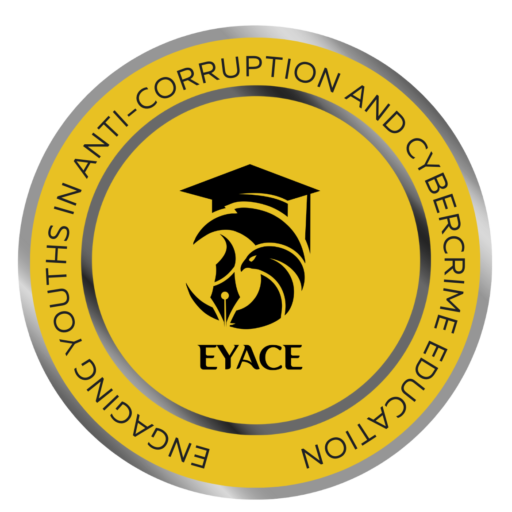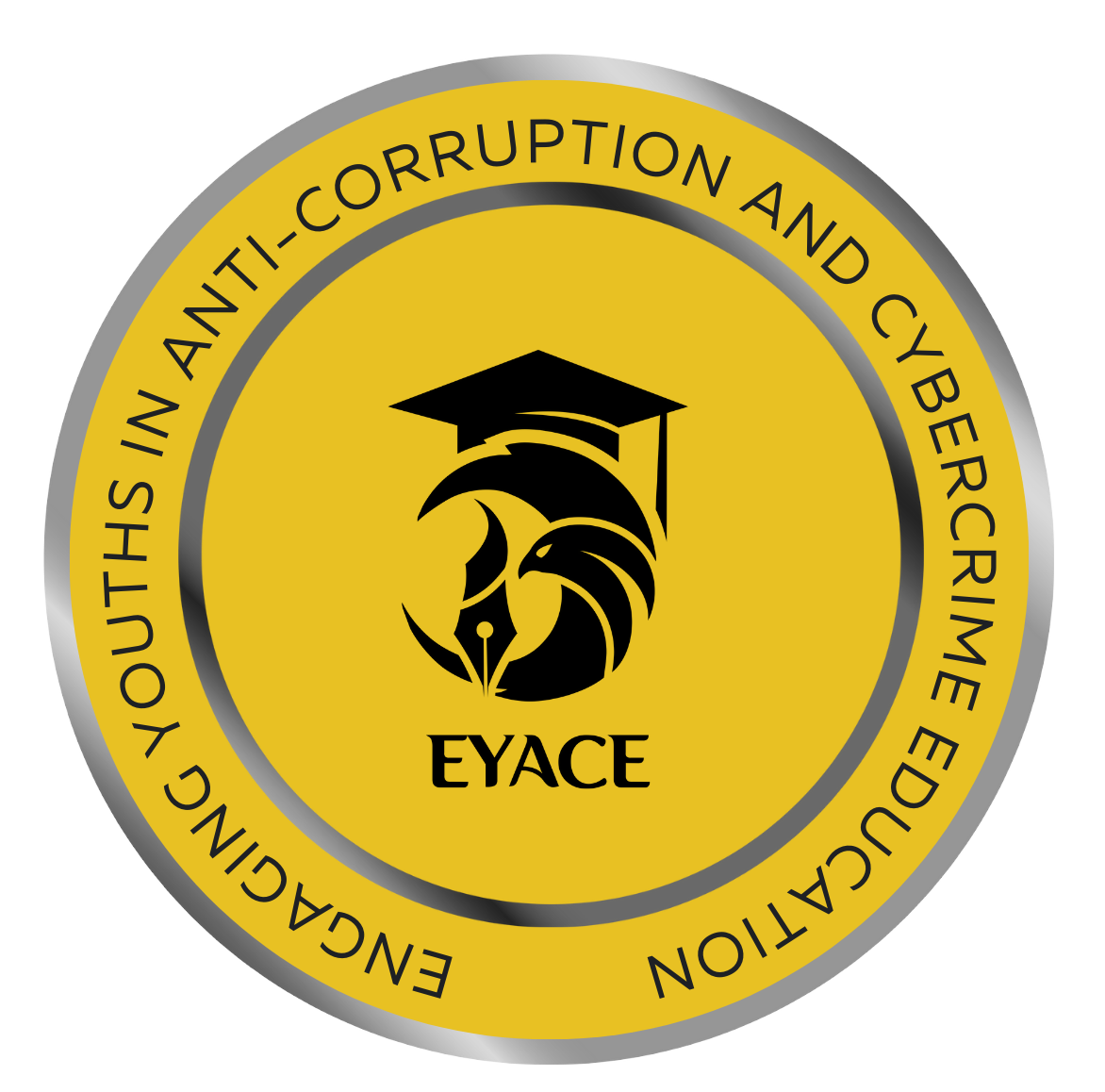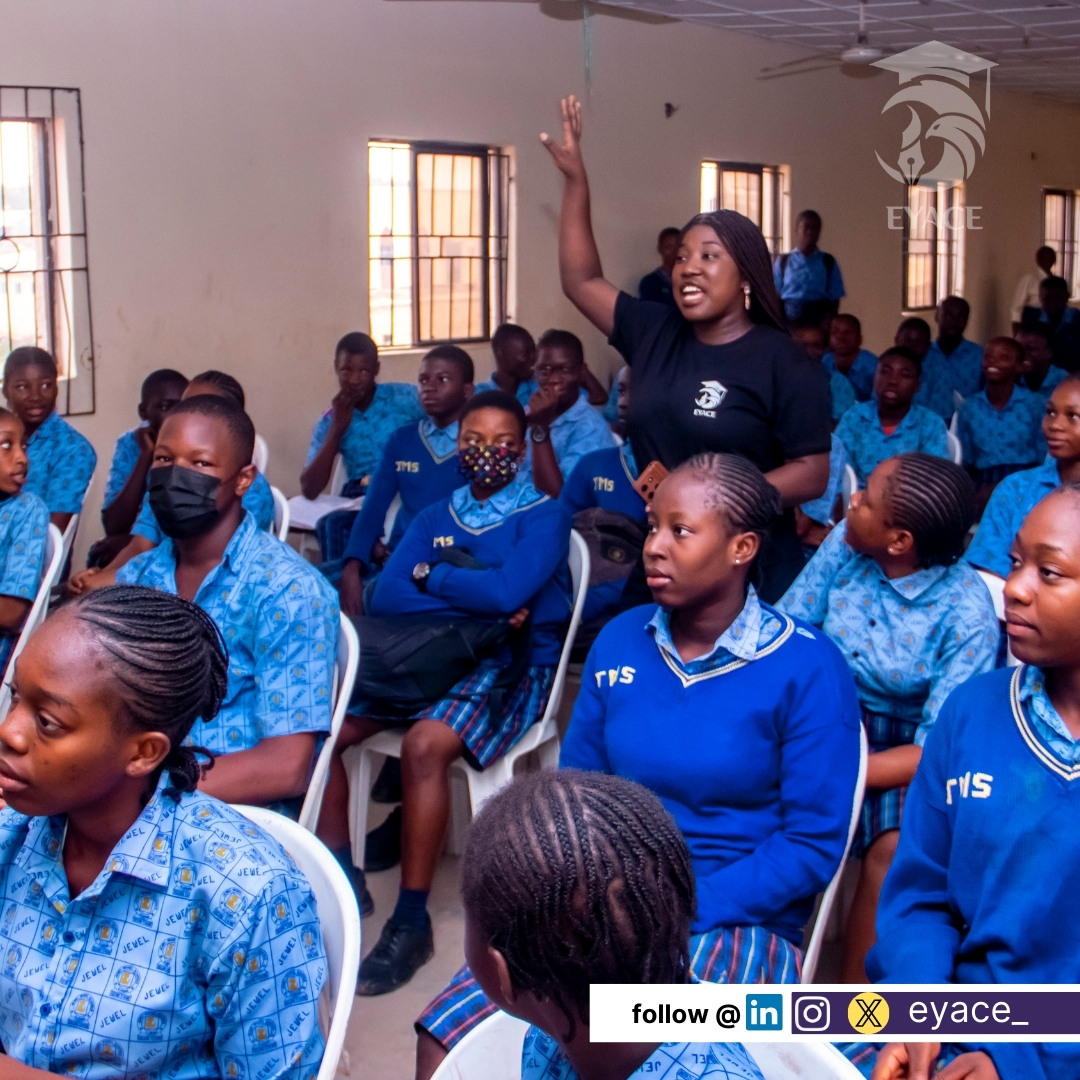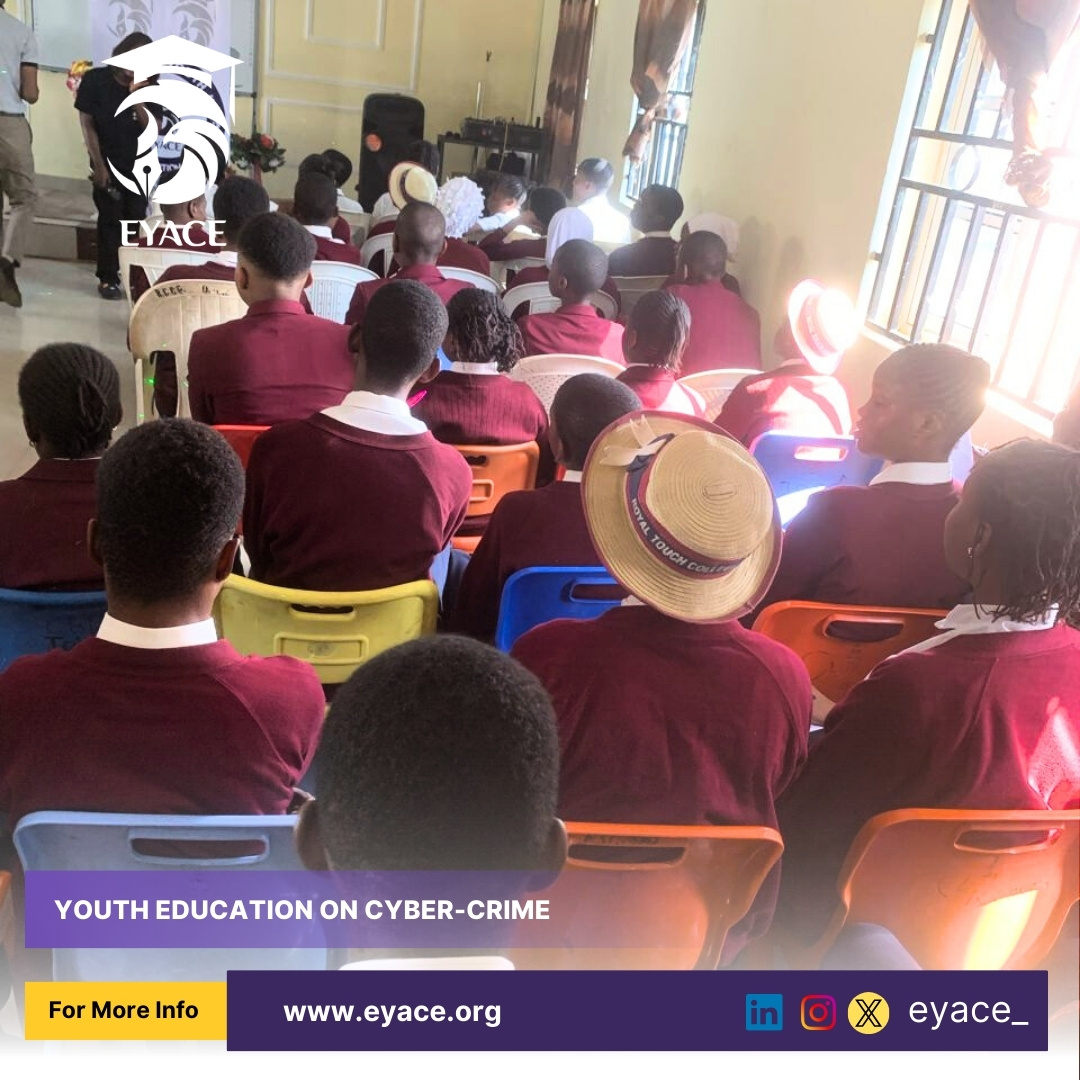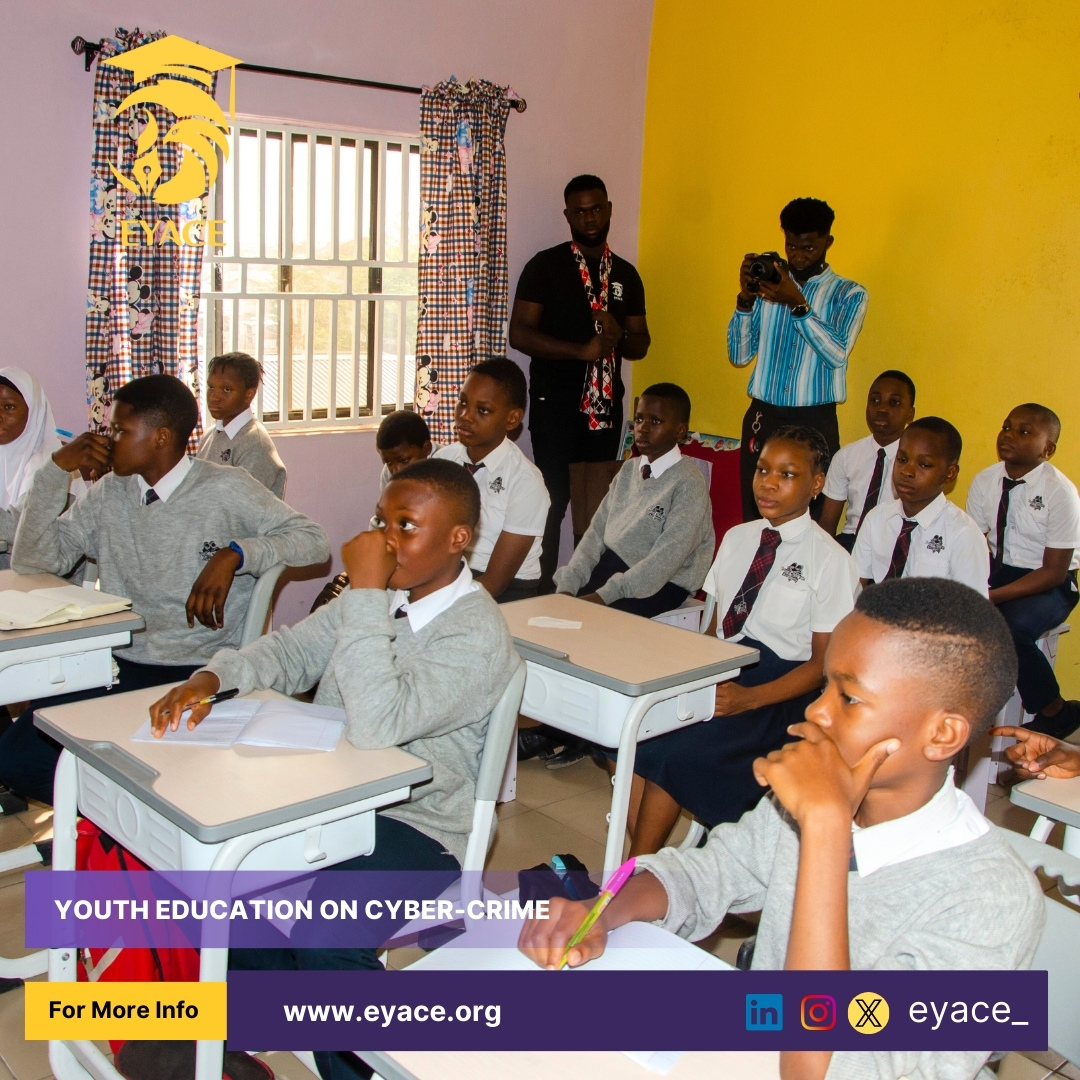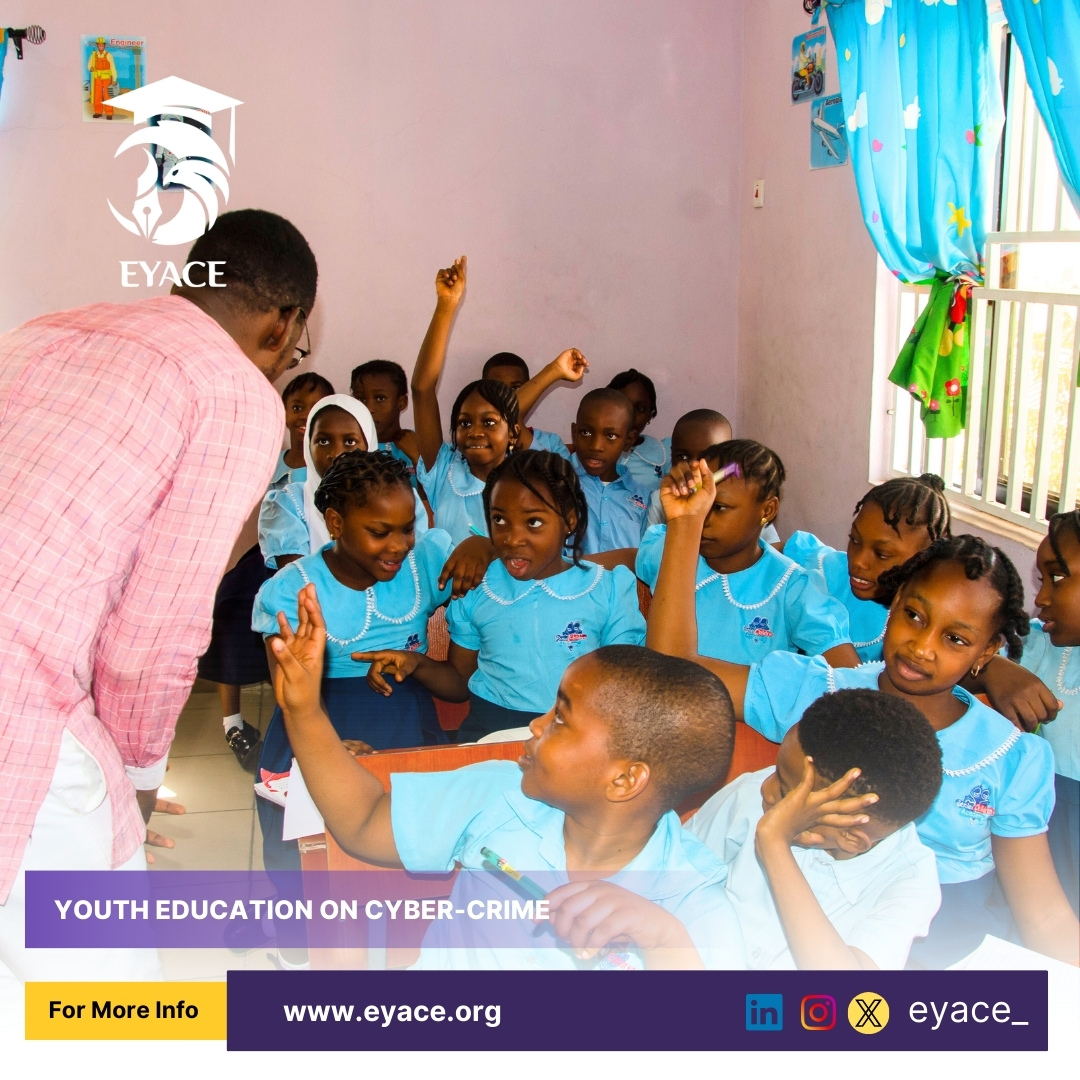In every struggling community, there are young people with the raw intelligence to change the world — but often, no legitimate outlet for their talents. Many of the youth caught in cybercrime rings are not mindless criminals; they are misunderstood tech prodigies.
What if we could redirect that energy? What if coding became their salvation, not their downfall?
The Hidden Talents in the Shadows
Most people don’t realize it, but writing phishing scripts, building fake websites, and hacking systems requires a level of technical sophistication. These youths are not unskilled; they’re simply misusing their talents because no one showed them another way.
When we introduce coding classes — teaching languages like HTML, CSS, and JavaScript — we don’t just teach skills. We validate the intelligence they already have. We show them that their talents are valuable, needed, and worth investing in.
From Offender to Innovator
Learning to code transforms mindsets:
- A scammer who once built fake portals can now build e-commerce websites.
- A hacker who broke into networks can now work as a cybersecurity specialist, protecting companies from real threats.
- A young person who wrote malicious scripts can now develop apps that solve real-world problems.
The money they once chased illegally now becomes accessible legally — and on a much larger, sustainable scale.
Instead of running from the law, they can run tech startups. Instead of fearing raids, they can receive awards.
Building the Coding Infrastructure
For this redirection to work, infrastructure is key:
- Coding bootcamps designed specifically for at-risk youth.
- Hackathons that reward creativity and problem-solving.
- Mentorship programs pairing young coders with industry professionals.
- Startup incubators supporting youth-led tech businesses.
Access to laptops, internet, software, and spaces where innovation is celebrated (not criminalized) can turn an entire generation around.
Success Stories That Inspire
Consider the story of Ifeoma, a girl who once learned coding basics online to help her brother create phishing websites. When she attended a free coding camp, she realized her skills could be used to build real apps.
Today, Ifeoma runs her own tech company, building educational apps for schools across Africa.
Her transformation started with one opportunity — and the courage to seize it.
Stories like hers prove that no youth is beyond redemption if given the tools and trust to change.
A Win-Win for Everyone
Teaching coding not only changes individual lives — it boosts national economies. Countries with skilled tech workforces attract global investments.
Startups create jobs, solve problems, and generate wealth. Tech-savvy youths no longer burden the system with criminal cases; they build the system with innovation.
Investing in youth coding education is not charity. It’s a strategic move for long-term national prosperity.
Conclusion: Rewrite the Script
Every youth tempted by cybercrime has the potential to code a different story — a story of success, purpose, and pride.
We must be the ones to hand them the keyboard, teach them the language of innovation, and watch as they write new futures for themselves and for all of us.
They don’t need jail cells; they need JavaScript.
They don’t need shame; they need support.
The future belongs to those who build it — line by line, code by code, dream by dream.
